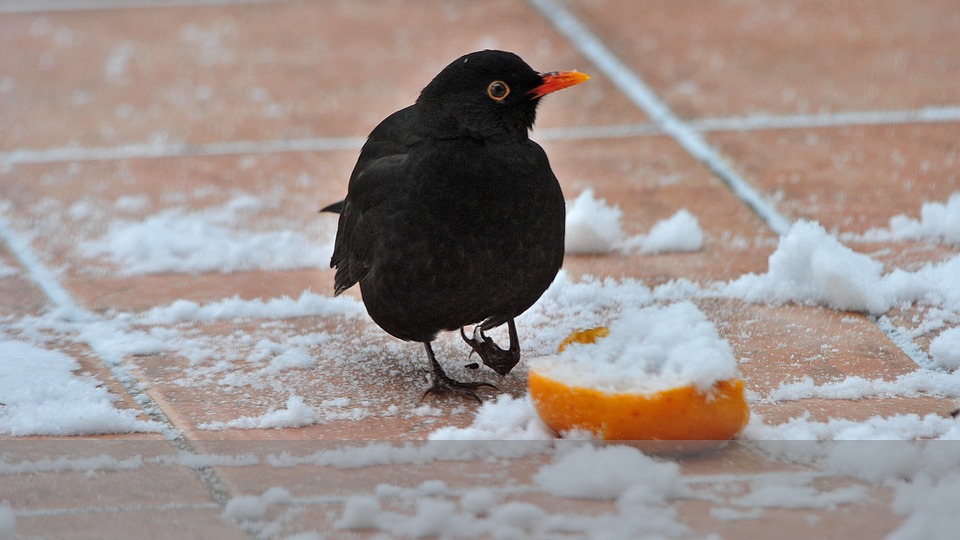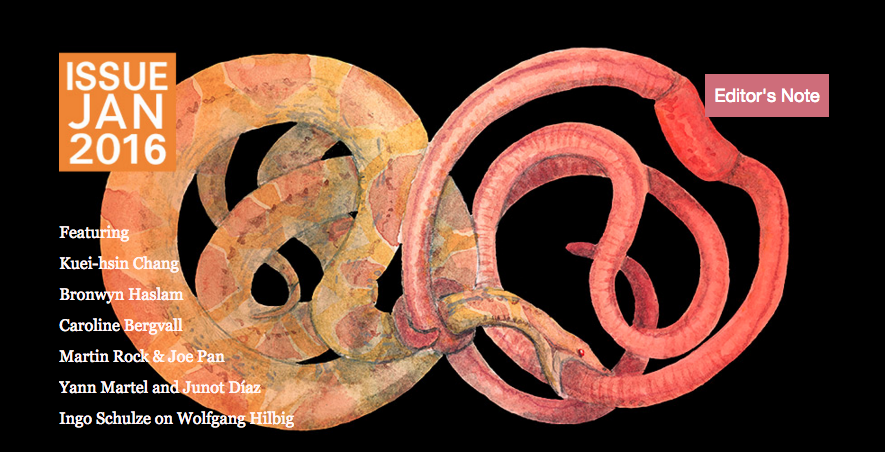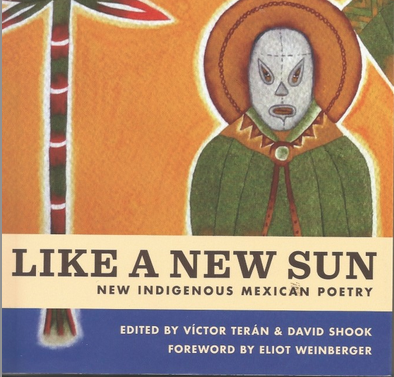Yumiko Tsumura’s translations of poems by Kazuko Shiraishi, also known as “the Allen Ginsberg of Japan,” appeared in our Winter 2016 issue. Recently Tsumura corresponded via e-mail with Interview Features Editor Ryan Mihaly.
Your first book of translations of Kazuko Shiraishi’s poems dates back to 2002. When did you first meet Kazuko, and how did you begin working with her?
I met Kazuko Shiraishi on September 30, 2000 in Tokyo. My co-translator, Samuel Grolmes, my late husband, and I had been working on a translation of Ryuichi Tamura’s poetry, ever since he was the first guest to the International Writing Program (IWP) at the University of Iowa established by Paul Engle. I was working on my MFA in poetry and translation and Sam was an assistant director to Paul Engle, and we started translating Tamura’s poetry during his stay at the IWP.
Tamura’s “The World Without Words” was published [in] New Directions Annual 22. When our book Tamura Ryuichi Poems: 1946-1998 was published early September 2000, Shichosha, the publisher of modern poetry, held a symposium in Tokyo called “How to Surpass Tamura” on September 30, 2000. Kazuko Shiraishi was a great admirer of Tamura’s poetry and one of the panelists. During that meeting she came to ask Sam and me to translate her poetry. READ MORE…





